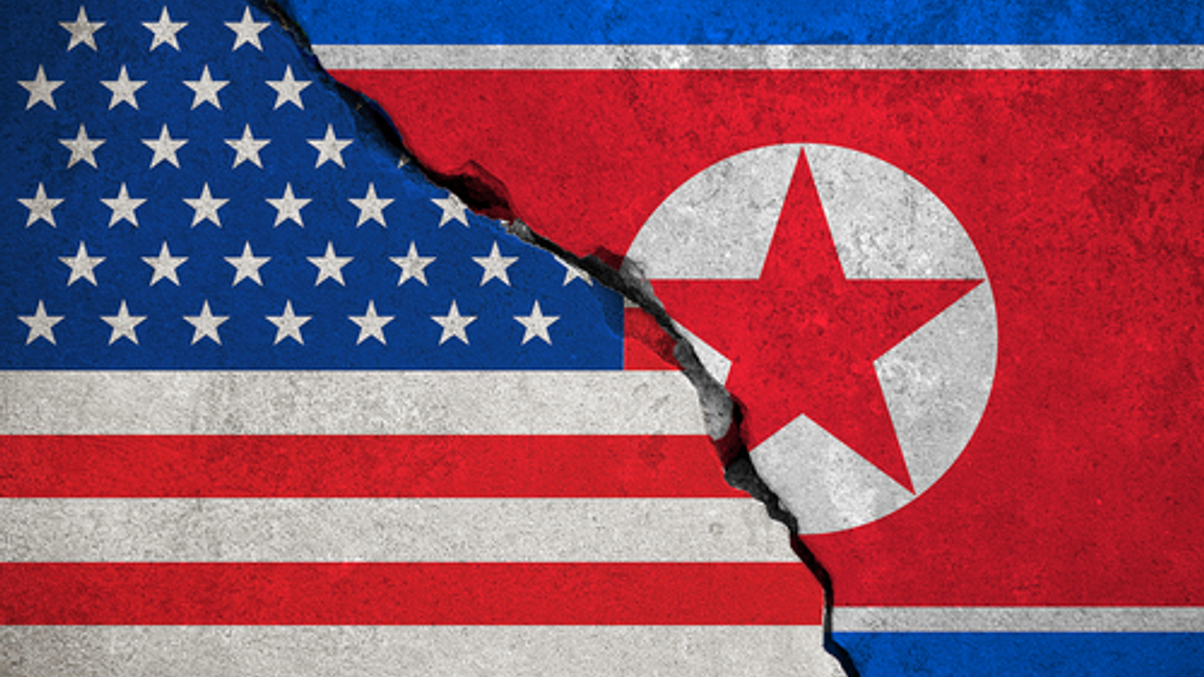EM equity portfolios at risk from North Korea tensions
South Korea has a 15.61% weighting in MSCI's emerging-market equity index, making institutional investors vulnerable to any military escalation between the US and North Korea.

A US-North Korean war would have a big impact on institutional emerging-market equity portfolios, given South Korea's chunky weighting in EM benchmarks.
Sign in to read on!
Registered users get 2 free articles in 30 days.
Subscribers have full unlimited access to AsianInvestor
Not signed up? New users get 2 free articles per month, plus a 7-day unlimited free trial.
¬ Haymarket Media Limited. All rights reserved.


